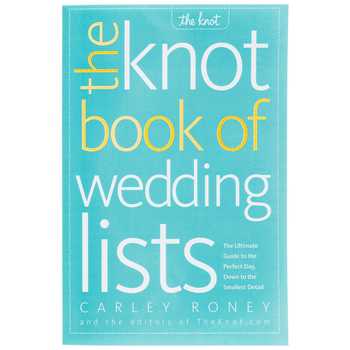This post is one in a series on friendship, explored through the lenses of Stephen Sondheim’s Merrily We Roll Along and C.S. Lewis’s The Four Loves.
In Merrily We Roll Along, composer Frank loses his friendship with his writing partner, Charlie, but their mutual friend, Mary, manages to stay close to both of them for a while afterwards, before she and Frank have their final fight. But, as Lewis would argue, Mary is impoverished by her friends’ falling out, even though she continues to see both of them separately. Lewis writes in The Four Loves:
Lamb says somewhere that if, of three friends (A, B, and C), A should die, then B loses not only A but “A’s part in C”, while C loses not only A but “A’s part in B”. In each of my friends there is something that only some other friend can fully bring out. By myself I am not large enough to call the whole man into activity; I want other lights than my own to show all his facets. Now that Charles is dead, I shall never again see Ronald’s reaction to a specifically Caroline joke. Far from having more of Ronald, having him “to myself” now that Charles is away, I have less of Ronald. Hence true Friendship is the least jealous of loves. Two friends delight to be joined by a third, and three by a fourth, if only the newcomer is qualified to become a real friend. They can then say, as the blessed souls say in Dante, “Here comes one who will augment our loves.”
Mary loses parts of her friends when they stop seeing each other, parts that she can’t draw out again by herself. I’ve had that kind of loss of a facet of a friend due to changed contexts, as well as lost companions. When my friends and I graduated from college, and no longer had twice-weekly (at least!) debates, I lost some of the intimacy and delight that had been revealed specifically by that context.
A similar thing can happen when a romantic relationship dissolves, and the two former innamorati settle into a new kind of amity. They may be closer than they were before the romantic relationship blossomed and faded, but some parts of themselves won’t be present as they were when they cuddled together watching a movie or went out dancing or whatever the contextual equivalent of ‘Charles’ is here.
I’ve dated two people, and remained friends with both, but, both times, I was pretty sad about having less of the person I loved due to our changed circumstances. I’m a little perplexed about how one is supposed to go about dating seriously five, ten, or fifteen people in order to find one that it makes sense to marry. It’s exhausting to imagine forming these kinds of bonds and then losing part of them a dozen times on the way to discernment.
I don’t often see this consideration raised, except by the folks who tend to talk in terms of “emotional chastity” and “emotional promiscuity” which comes off a lot more pejorative than Lewis’s simple discussion of loss. I’d be curious about how you commenters handle this problem (or if you experience it as a problem at all).













